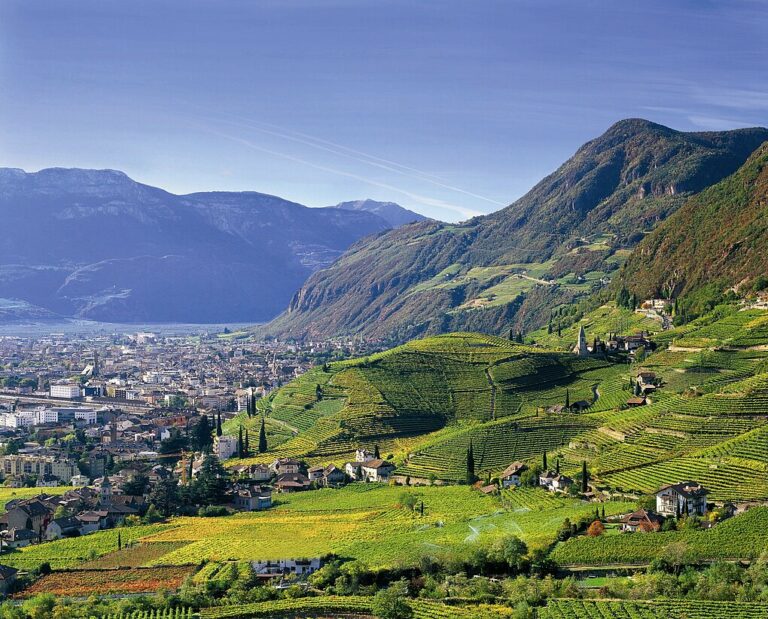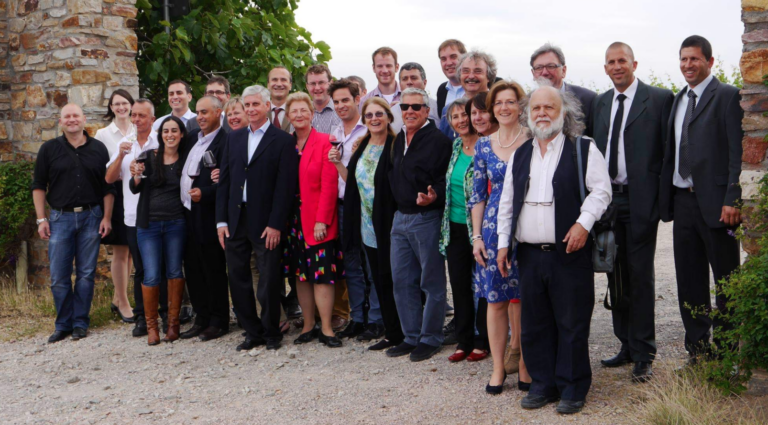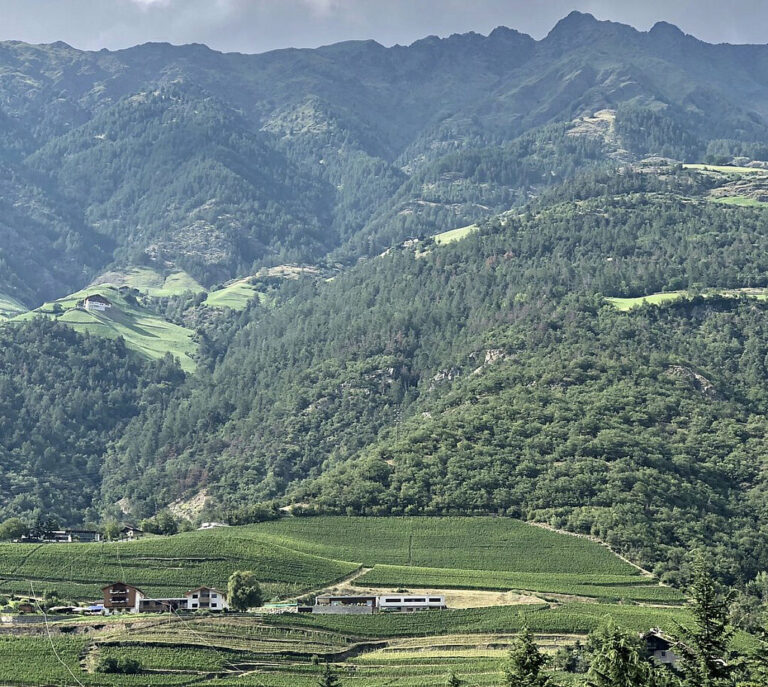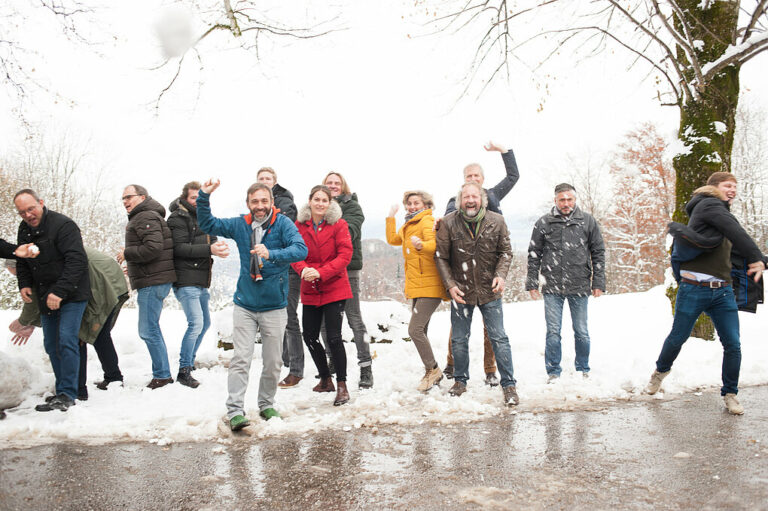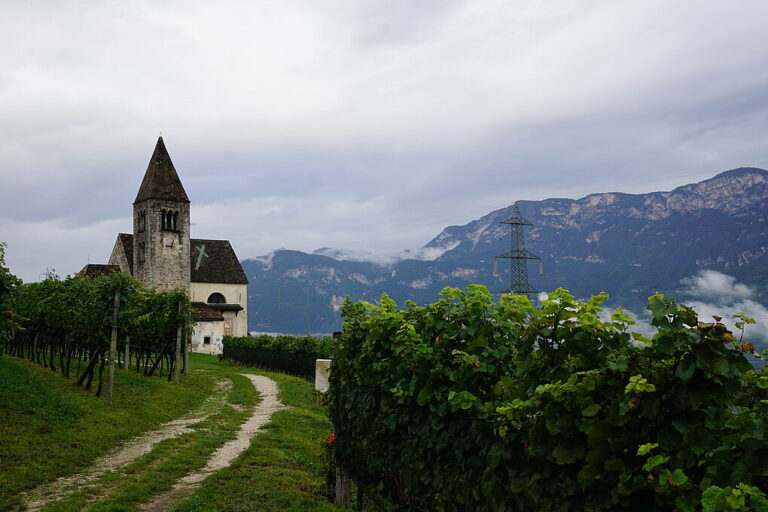Immigrants as Vineyard Workers in Alto Adige
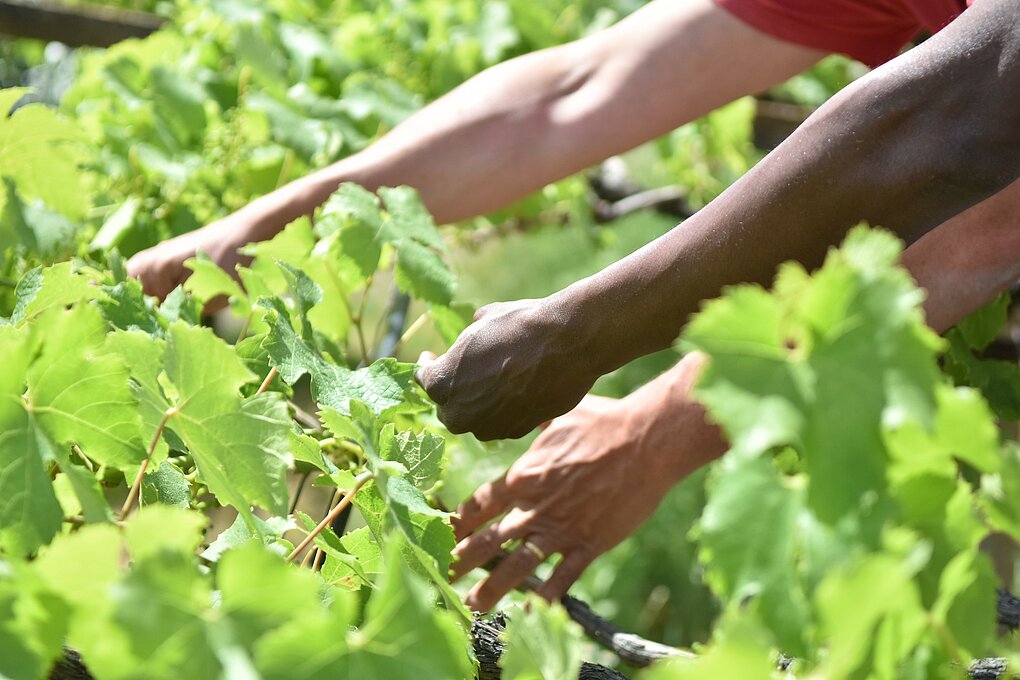
A tiny pilot project created by immigrants for immigrants is taking root in the small wineries of Alto Adige-Südtirol. V.I.T.E. — Viticulture Integration Training Empowerment — is an innovative partnership that grew out of shared need. A demographic shift in this Alpine corner of northern Italy is bringing with it a shortage of skilled vineyard workers. Where grandparents and cousins once pitched in, trained immigrants from around the world may begin to take up that role. According to organizers, the beauty of this public-private approach to addressing the gap between labor supply and demand is that it also fosters understanding…

